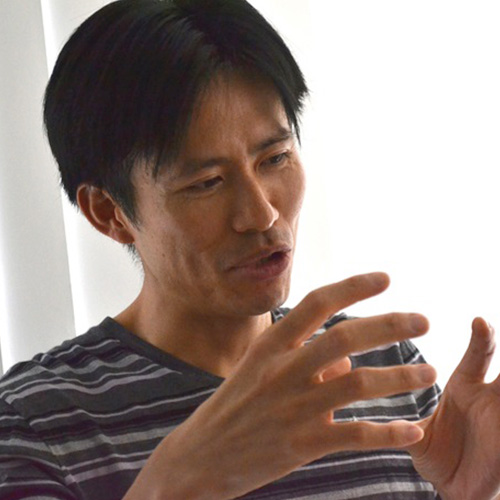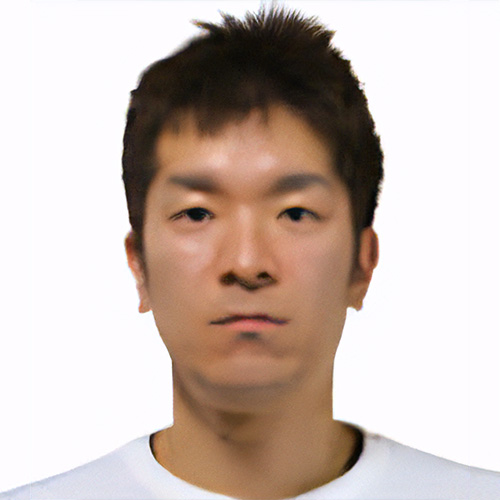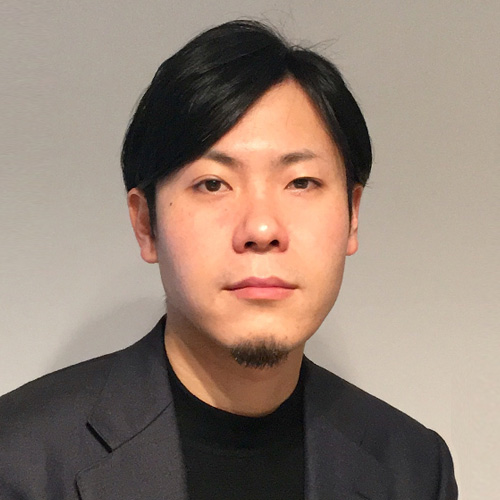Development of techniques for measurement, manipulation, and analysis of mechanical self-organization
Measure and manipulate forces applied to cell populations and the extracellular environment in living organisms, and quantitatively analyze their spatiotemporal patterns.
B01-1
Theoretical study of self-organization induced by mechanochemical feedback
This research aims to develop mathematical and computational methods for multi-scale and multi-dimensional analysis of mechanical actions and chemical reactions in living organisms to understand their “mechanical self-transformations”. Through our approaches, we will elucidate the principle that governs the autonomous control of living system by a mechanochemical feedback.
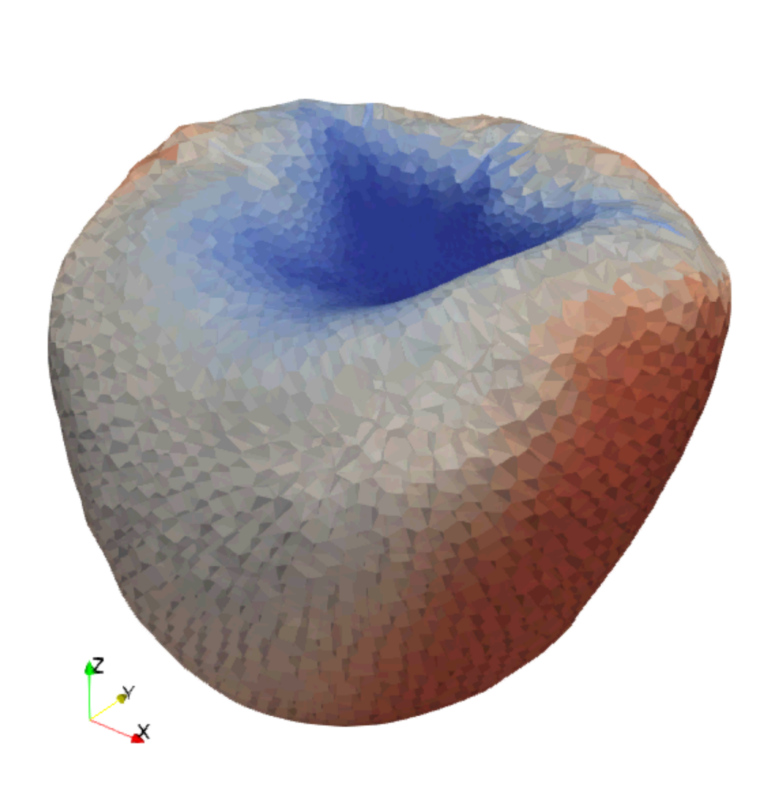
-
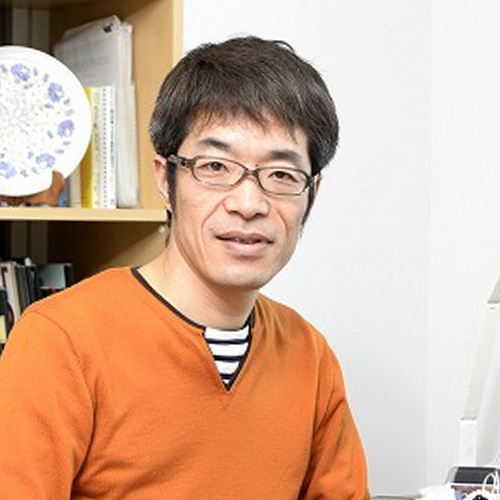 Tatsuo ShibataRIKEN Center for Biosystems Dynamics Research
Tatsuo ShibataRIKEN Center for Biosystems Dynamics Research- B01-1
- PI
-
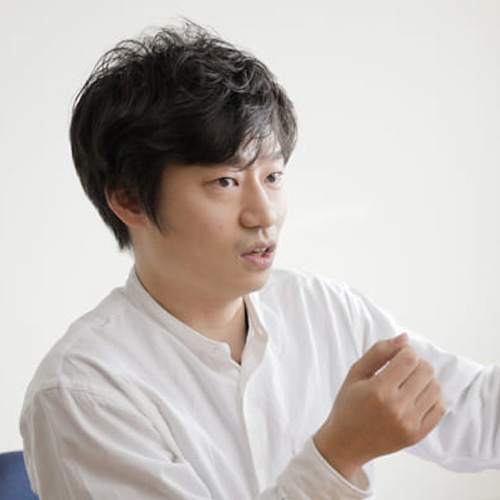 Satoru OkudaNano Life Science Institute, Kanazawa University
Satoru OkudaNano Life Science Institute, Kanazawa University- B01-1
- Co-PI
B01-2
Development of force-measuring techniques for biological tissues
This research aims to develop new techniques to measure and manipulate mechanical forces in cells and tissues by combining atomic force microscopy, magnetic tweezers, artificial cells, and optogenetic tools. These techniques will reveal mechanical forces exerted on intracellular spaces (e.g., the cell cortex and the cytoplasm) and extracellular spaces (e.g., extracellular matrix and inner cavity) in multi-cellular systems.
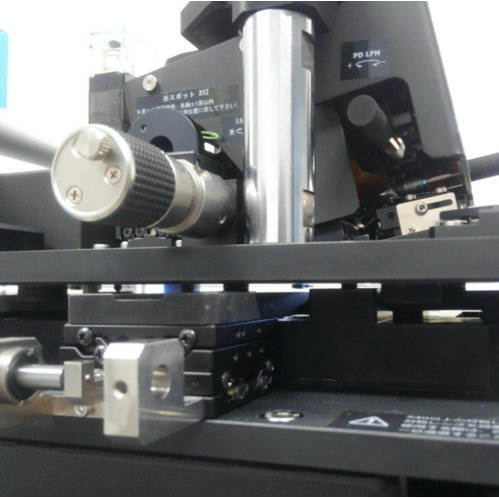
B01 news
-
Aug. 28, 2023
- Achievements
A new collaborative work by the B01-2 Yoshimura team and the A03-11 Furutani-Seiki team has been published in FASEB journals! -
Aug. 1, 2023
- Achievements
A new paper by the B01-2 Yoshimura team was published in Nature Communications!

